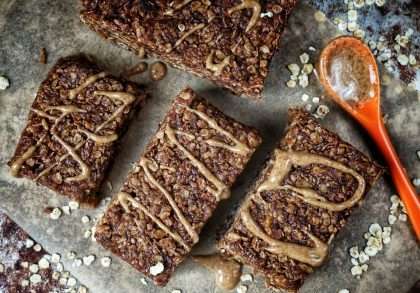
Functional Workouts For Every Fitness Level
Our passion is to program and create simple, effective workouts! Nothing better than taking care of your body and mind through movement.
Your Nutrition Doesn’t Need To Be A Struggle…
You don’t need to starve yourself to get the results you wish for, we show you how this is possible.
Food is fuel.


Good Mental & Physical Health Is A Lifestyle Choice.
Get rid of bad habits, create routines to improve productivity, and improve your sleep.